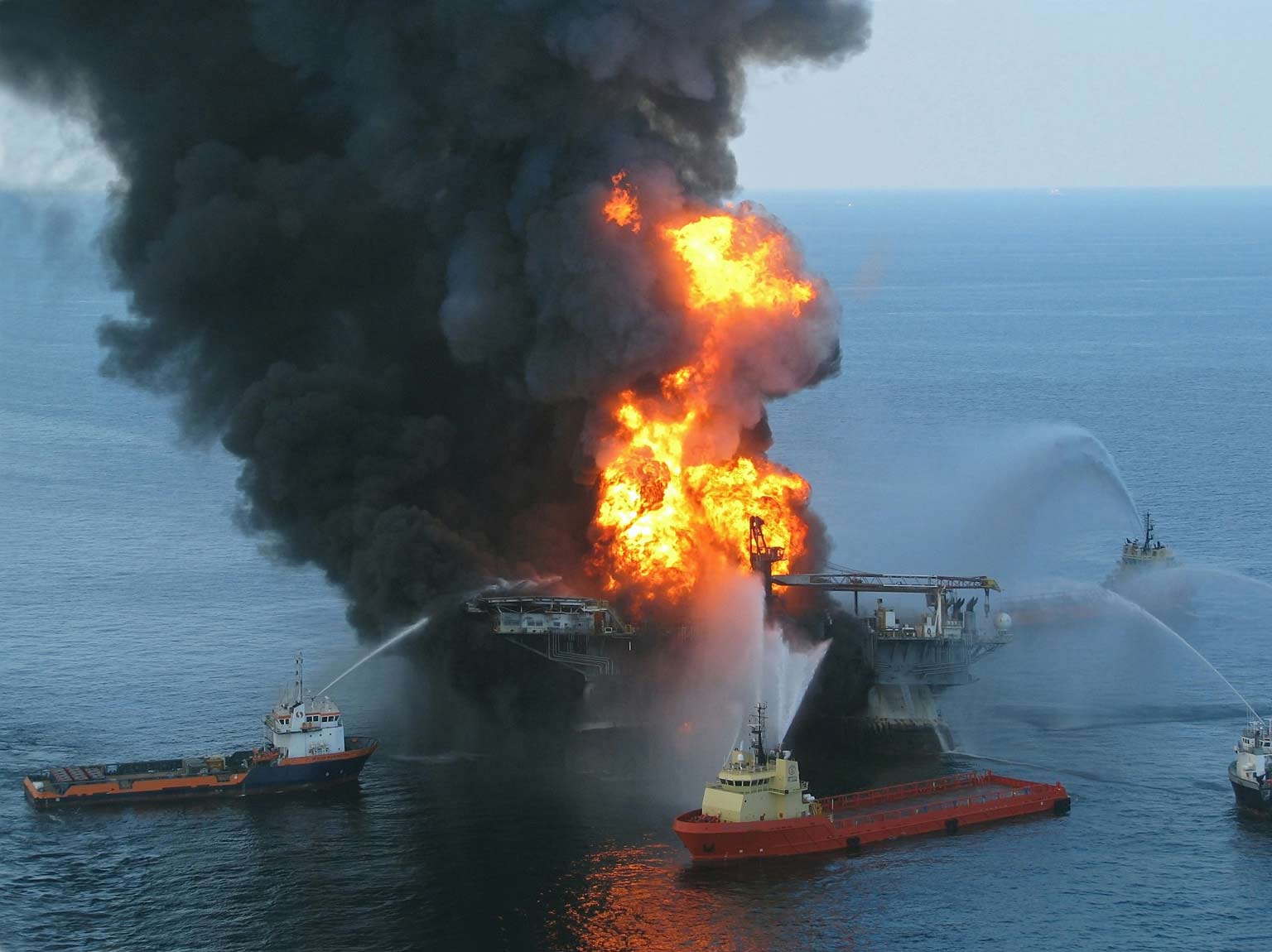
September 15, 2020
Waste Management, Wastewater
Oil Spill In Mauritius And The Bioremediation Solution
Mauritius is an island nation in the African continent popular around the world for its long stretch of beautiful white beaches.
Blessed with rich bio-diversity and concentration of unique plants and animals, the country has a coastal ecosystem consisting of the world’s third-largest coral reef with sheltered lagoons.
Moreover, the estuaries, mangroves, saltwater wetlands, and fringing reefs are other attractions.
On July 25th, 2020, a Japanese bulk carrier MV Wakashio ran aground on a coral reef and leaked approximately 1,000 tonnes of oil into the Mauritius coast.
In August, the carrier has broken off widely disturbing the aquatic ecosystem.
Environment experts have raised concerns regarding the deep impact the oil spill will have on the overall Mauritian coastal areas, fisheries, and rich aquatic life.
The problem with the oil spill is that it spreads rapidly in the water surface and forms thin oil slick.
This is because most often the oil is less dense than water.
Depending upon currents and wind, it continues to spread and the slick continues to be thinner.
Crude oil consists of components like volatile compounds, saturated hydrocarbons, and aromatic compounds that can reach a wide area due to tides and winds.
The contamination due to oil spills can lead to drastic consequences like disease and death of marine life, such as fish, birds, and even sea otters.
This also includes shellfish, dolphins, corals, aquatic plants and animals, and other living beings depended upon it.
The conditions like the reduction of insulating ability by fur-bearing animals have been observed.
Bodily functions like respiration, fin erosion, immunity, and reproduction are affected.
Some birds prey on fishes from the water which are oiled. This can cause poison and, ultimately, death.
Plants can be affected as oil blocks the sunlight from reaching them, which is important for the process of photosynthesis.
The marine environment of Mauritius consists of 1,700 species with more than 700 species of fish.
The rich biodiversity is at huge risk. The economy of the island nation can be affected as beaches and harbours are closed.
The local community who depend on hunting and selling fish are affected.
The commercially important oysters, tuna, shrimp, and others can be too toxic to be consumed or sold in the market.
Humans, too, can be affected by eating such seafood. Also, as a tourism destination, economic losses are immense.
It is not the first time that the oil spill has devastated the environment.
The Persian Gulf War oil spill of 1991 and the 2010 Deepwater Horizon oil spill in the Gulf of Mexico are a few of the largest known oil spills in history.
The result was water pollution, a deep impact on fisheries, aquatic life devastation, destruction of the aesthetics, etc.
To control the effects of oil spills in water it is important that solutions can be implemented before the oil can spread.
Hydrocarbons are usually acted upon by the microbes which are naturally present in the water.
But due to umpteen human activities and excessive degradation of water quality, the action of microbes is limited.
There are various existing solutions that haven’t given the desired results or are detrimental to the environment in the long run.
This includes traditional techniques like surface dispersants, burning, booms, and skimmers.
The chemical dispersants have been used many times in the past oil spills.
However, experts believe that it is not effective as the chemical properties of oil change significantly after a duration of time, and thus, breaking the oil particles becomes difficult.
Moreover, the dispersants are chemicals that can cause underwater pollution and damage the environment.
Also, remote vehicles are necessary to place chemicals that may not be helpful to treat oil at extreme depths.
Similarly, the burning technique is used to burn a large portion of oil on the water surface.
But this leads to an excessive amount of smoke and leads to air pollution. Bad weather conditions also make this technique dangerous.
And it is only effective when used immediately after the oil spill.
Booms and skimmers are also not possible when strong winds blow across the ocean as it requires to prevent the flow of oil using boomers and separate the oil using skimmers.
Thus, there is an urgent need for large-scale implementation and use of biological solutions or oil bioremediation to treat oil spills.
Organica Biotech’s Bioclean FOG is one such product that is cost-effective, fast, and efficient in the remediation of hydrocarbons in water.
When applied appropriately, the hydrocarbon contaminants are acted upon aggressively and turned into harmless by-products like oxygen and water.
When the cleaning process is done the surplus microbes return to natural levels.
Bioclean FOG can be an effective and much-needed solution for treating oil spills in the future.
What’s more, Bioclean FOG is a natural and eco-friendly product and doesn’t harm the aquatic ecosystem or marine animals, thus helpful in keeping the rich biodiversity intact.
Also read:





